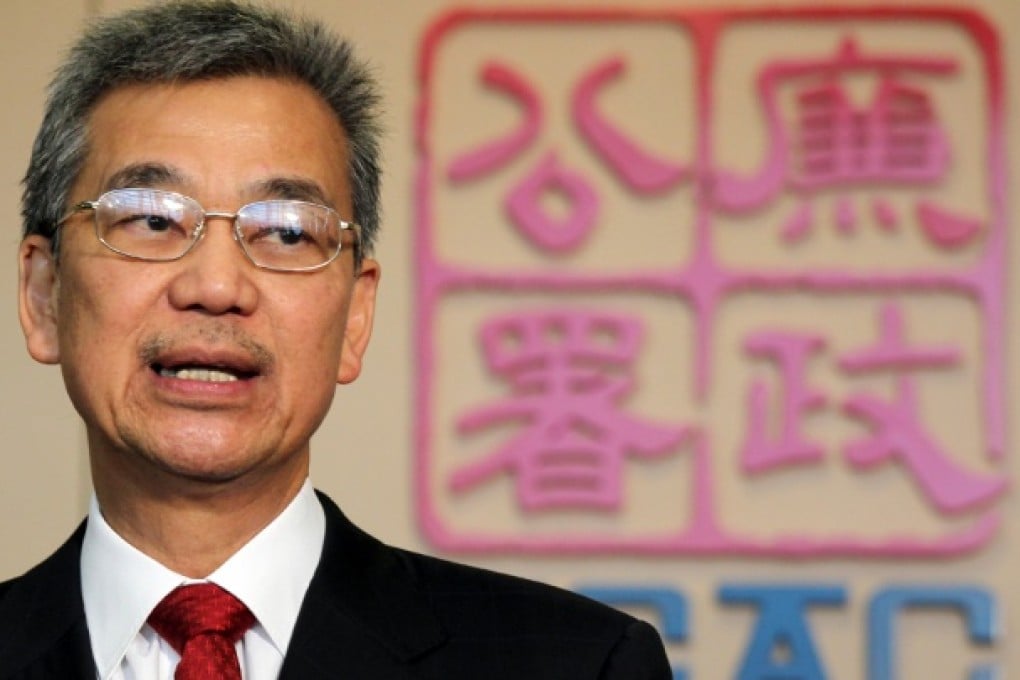Beijing agencies in Hong Kong bound by local laws, Justice Department says
Question of consular immunity raised after liaison office named in hospitality scandal

All employees of offices set up in Hong Kong by the central government are to obey the city's laws, as laid out in the Basic Law, the Department of Justice says.
The department was responding to a question on whether the liaison office, Beijing's de facto representation in the city, had "consular immunity" from criminal investigations.
Earlier, it announced the launch of an investigation into former graft-buster chief Timothy Tong Hin-ming's alleged overspending from the public purse on receptions, gifts and official visits. Some of those receptions and gifts benefited officials from the mainland and the central government's liaison office.
A department spokeswoman cited article 22 of the Basic Law as saying all offices set up in Hong Kong by departments of the central government, or by other provinces and bodies directly under the central government, and their personnel shall abide by the city's laws.
Democratic Party chief executive Lam Cheuk-ting, a former ICAC investigator, said: "The liaison office has no privilege. The ICAC's investigative powers still apply to it."
Lam said the Independent Commission Against Corruption could rely on an established mechanism, in the case of officials who had been transferred to the mainland or Macau, to send investigators to take witness statements or request prosecution bodies for help.